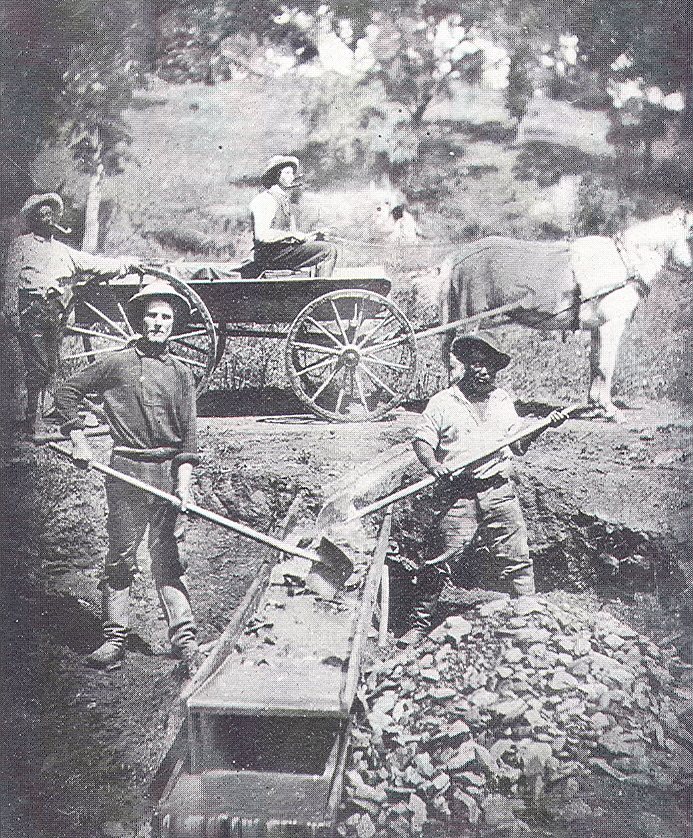
Submitted by Chief Editor, Pleshette Robertson
You can’t talk about gratitude without mentioning the act of “THANKFULNESS”. While gratitude is both a feeling and an attitude, thankfulness is the demonstrative expression of it, whether extended to ourselves or others. We can express thanks in words—spoken or written—or in deeds, by extending time, resources, or gifts to support people in unexpected ways or to help those in need. Appreciation is the recognition of that which makes us feel grateful, and can also be expressed internally or externally. Gratitude often ignites acts of generosity; we are moved to offer ourselves to others without expecting anything in return.
As we are in the holiday season which may not be celebrated by all, can be a happy time of complete joy for some while somewhat of a sad time for others. However, I encourage everyone to start, if you haven’t already, create a gratitude list as we can all find something to be thankful and grateful for.
If you are deeply thankful:
- you count your blessings
- notice the simple joys of daily life
- acknowledge everything you have in positive ways AND
- you are more likely to engage in healthier behaviors and take better care of yourself. Gratitude includes exercising regularly, eating wisely, and visiting your physician for regular physical examinations.
Gratitude. It’s the new medicine, with only positive side effects. It promises stronger immune systems and lower blood pressure, improved sleep, more joy and optimism, less smoking and alcohol abuse, less stress, and, get this—patients confronting AIDS, as well as those preparing to undergo surgery, have better health outcomes when they maintain attitudes of optimism and gratitude.
People who are grateful see the world filled with abundance and victory. They train their view on what can go right in life, and see life as always offering rich possibilities. Ungrateful people are burdened with a perspective that keeps them looking at what’s missing, what can go wrong, and they are left with a feeling of deprivation.
Gratitude is not a feeling. It’s a choice. Whatever label you choose to wear, you’ll become. Do you wear the label “jealous,” “resentful,” “bitter,” or do you wear the label “thankful,” “appreciative,” “admiring”?
The word gratitude, from the Latin word gratia meaning grace, graciousness or gratefulness, is thankfulness, an appreciation for whatever you receive, seeing the goodness in everything. Grateful people understand that nothing ever happens TO them, but rather that everything—everything—happens FOR them. They know that when one door closes, adopting a grateful attitude is very valuable in being prepared for the next door that will open. They understand that failure isn’t a setback, it’s not a definition of who they are, but a preparation for their future success—whenever that will come. Grateful folks know that what they are experiencing is preparing them for what they hope for. Gratitude allows seeing difficulties through a lens of success—preventing stress.
In his 2007 book, “Thanks: How the Science of Gratitude Can Make You Happier,” Robert Emmons reported on his well-known study that found that people who keep a daily journal listing five things they feel grateful for each day, are 25% happier than those who don’t. He also described this group as feeling “… more joyful, enthusiastic, interested, attentive, energetic, excited, determined, and strong…” than those who focus on the hassles of daily life. The gratitude group also reported fewer physical symptoms and exercised more, which of course are related. The benefits of focusing, daily, on gratitude extends to three pillars of wellbeing: emotional, mental and physical areas of life. In his newest book, “Gratitude Works! A 21-Day Program for Creating Emotional Prosperity” Emmons noted, “Gratitude is good medicine.”
Follow these 4 simple and enjoyable steps and you’ll fill up with appreciativeness, gratefulness and thankfulness—and enjoy all of the health benefits this new form of medicine provides.
The king of this medicine is to begin a gratitude journal, by simply answering this question morning and night: What can go right today and what went right today? Find five things morning and night and you have taken a full dose of gratitude.
2. Watch your own self-chatter.
Are you focusing on what’s good in your daily life or are you sticking yourself up on what’s wrong? Do you focus on the wrong turn you made or do you focus on the right one you finally made? Do you focus on the thorns on your rose bush or the roses on your thorn bush? Do you see your child, boss, spouse as cranky and unbearable or simply tired and needing some rest?
3. When’s the last time you wrote a thank you note?
When’s the last time you went out of your way to say thank you to another person and stop to really think about what they did for you? This puts a fence up to protect you from envy and jealousy.
4. Meditate.
Meditate to promote forgiveness and appreciating others, thereby freeing you from negativity. What that other person did TO you will somehow turn to your advantage.
Can you think? Be grateful for the good you can contemplate. Can you see? Be grateful for the beauty that you can see. Can you hear? Be grateful for the soothing sounds of life that you can hear. Get it?
What would an article from me be without a handy, memorable acronym to help you focus on gratitude?
Recognize – what can go right?
Appreciative – are you appreciative of what you have…and don’t have?
Thankful – who have you sincerely thanked today?
Emotional – can you express emotion in a positive manner?
Fulfilled – you are either fulfilled or on the way to being fulfilled…never unfulfilled
Understanding – do you have the lens to understand that whatever happens always happens for the good?
Liked – do you look for what you can like in every person and situation you come across
Source: http://gethealthyu.com/gratitude-medicine







